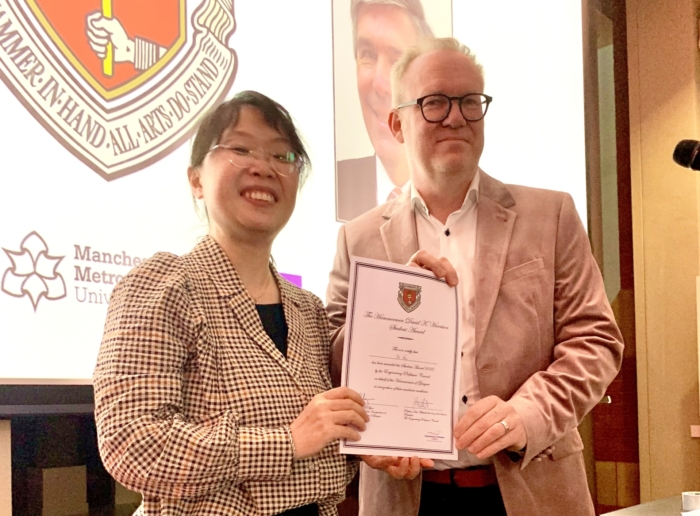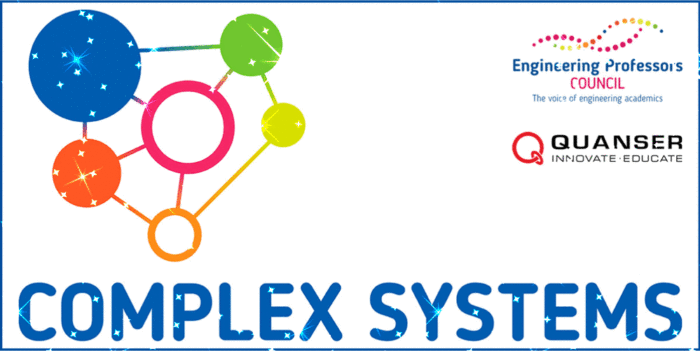Two weeks ago, we hosted an inspiring webinar to launch our Inclusive Employability Toolkit and DEI Community of Special Interest, bringing together educators, researchers, policy experts, and professionals committed to advancing diversity, equity, and inclusion (DEI) in engineering. Here are five highlights:
1. Launch of the EPC’s DEI Community of Special Interest
- Led by Dr Irina Lazar and Dr Chika Nweke, the EPC’s DEI Community of Special Interest is a professional community of Engineering Educators, Engineering Researchers, Engineering Education Researchers, Engineers, and Engineering Policy-related fields.
- Our DEI Community is an open professional group for individuals and organisations interested in promoting, developing, and sharing best practice regarding the embedding of DEI in teaching, learning, research, organisational / institutional systems, processes, cultures, and communities.
- Dr Irina Lazar and Dr Chika Nweke shared updates on upcoming events, next steps, and ongoing work. You can learn more about our DEI Community here.
- Get involved: Read this article to learn how you can register your interest in joining our DEI Community.
2. Neurodiversity: All in for Engineering
- Addressing inequality and exclusion in engineering for those who think differently requires momentum for a movement, not just a research project.
- The EPC’s leadership and experience empower the Neurodiversity: All in for Engineering campaign, amplifying the knowledge and skills of the Engineering Academics Network.
- We’re co-designing the Neuro-Inclusion Maturity Framework with and for the neurodivergent community, using working groups, a Delphi panel, and champion-led campaigns to map existing resources and sector needs.
- Over 100 contributors, supported by Stella Fowler, collaborate in communities of practice to maintain engagement; a recent workshop in Scotland confirmed the community’s commitment to providing shared resources alongside the framework.
- Coming soon: the launch of the framework – join this community-driven initiative by contacting Stella Fowler and be part of shaping a truly neuro-inclusive engineering sector.
- Learn more about our Neurodiversity: All in for Engineering campaign here.
3. The Inclusive Employability Toolkit
- Co-led by Dr Anne Nortcliffe and Crystal Nwagboso, the Inclusive Employability Toolkit is a resource designed to help engineering educators integrate EDI principles and practices in engineering, computing, design and technology – across education, employer engagement, career preparation, and progression into the workplace.
- Supported by Canterbury Christ Church University, Equal Engineers, The Royal Academy of Engineering, and Wrexham University.
- Features 13 interactive resources, including activities A–L (including a game!) and a University Career Services Library with links to 96 EPC-affiliated universities.
- Coming soon: a practical How-To Guide / Case study to help integrate the activities with ease, and offering real-world examples of how the toolkit has been used by academics and students.
- Have you used the Inclusive Employability Toolkit yet? Please let us know by contacting us!
4. Updates from the The Royal Academy of Engineering’s Diversity Impact Programme (DIP)
- Aim: To inspire change in university engineering departments so all students succeed and engineers from diverse backgrounds continue to enhance the profession.
- Achievements to date: 22 large-scale projects, 2.7k+ student beneficiaries, grants of up to £100k, 9 How-To guide awardees, and an active community of practice.
- Next steps: 9 How-To guides coming this month, a new EDI Education Toolkit in development with EPC, and upcoming Changemaker projects – call for proposals soon.
5. What’s Next for the DEI Community?
- Plans for upcoming events in 2026 and collaborative opportunities were shared, with invitations for individuals and organisations to get involved. See here for more details.
- A huge thank you to everyone who joined us. Together, we can build a more inclusive future for engineering.
What’s your key takeaway from the webinar? Share your thoughts in the comments section below and continue the conversation on our Discussions page.
This post is also available here.




